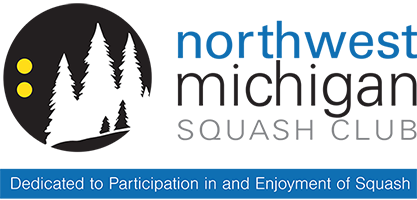Fair play consists of earning points by the quality of your play, not by avoiding the loss of points by requesting Lets and Strokes to avoid the consequences of poor play. A striker should never request a Let when he has failed to hit what would have been a good return, or his opponent has hit a winning shot. Nor should a Let be allowed in that circumstance.
Two thoughts about Lets and Strokes in friendly games.
First, where the outcome of the game is not important, most differences among the players, regardless whether a No Let, Let or Stroke is strictly appropriate, are best resolved by agreeing on a Let. After all, did you come to play or to argue? The best remedy if a player repeatedly requests a Let with no valid basis, is to explain the problem politely, in a nonadversarial fashion. If it continues, you can leave the match and/or avoid playing the individual in the future. Life is too short to have conflicts during such a fun game. In 50 years of playing squash, I have put only two players on my “Don’t play” list.
Second, even in friendly games, it is valuable to call “Let” and award a Stroke when the interference is caused by a ball returned to the center area of the court. When there is interference in the middle of the court, it is almost always caused by a sloppy shot placing the prior striker right in the middle of things. Thus, in this circumstance, the Stroke rule penalizes poorly hit shot and can serve as an inducement to the prior striker to improve their shots. It also minimizes the risk that the striker will hit the other player with the racquet or ball. The best way to avoid Strokes is to keep the ball out of the middle and along the walls and in the corners of the court.
